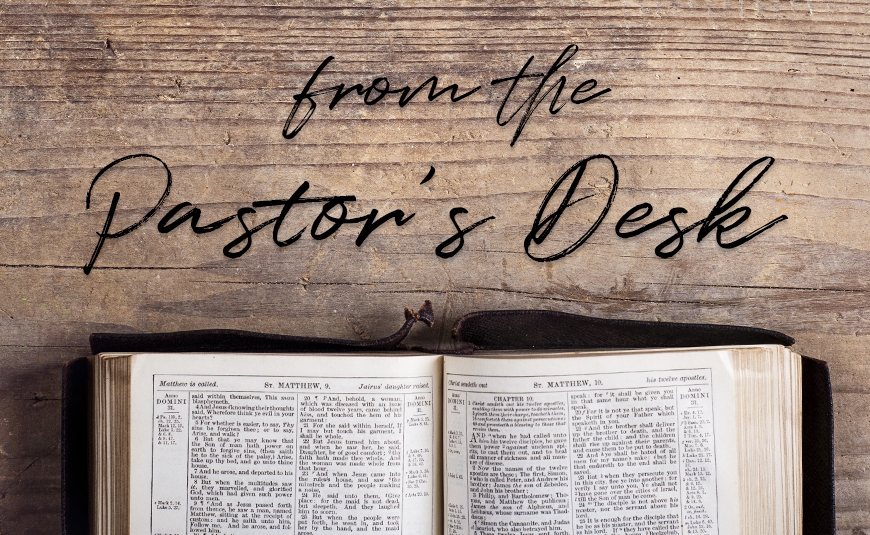Among the many principles that are consistently testified to in Scripture is the idea that we can experience profound personal and spiritual growth during our darkest days. As counterintuitive as it may seem (especially when we’re going through a rough period), adversity often serves as a catalyst that challenges us to develop and mature in areas that we would never otherwise branch into. Perhaps even more importantly, hardships give us the opportunity to grow in our relationship with Christ by driving us to more complete dependence and trust. Often, it is during the dark days that we come to personally know that God truly is a God of hope and redemption. As C. S. Lewis wrote following the death of his wife, Joy:
You never know how much you really believe anything until its truth or falsehood becomes a matter of life and death to you. It is easy to say you believe a rope to be strong and sound as long as you are merely using it to cord a box. But suppose you had to hang by that rope over a precipice. Wouldn't you then first discover how much you really trusted it? ...Only a real risk tests the reality of a belief.
In Romans 5, Paul talks about how God can use adversity to shape and mold us into people of hope, going so far as to say that we should actually rejoice when tough times come our way. “We also rejoice in our sufferings, because we know that suffering produces perseverance; perseverance, character; and character, hope. And hope does not disappoint because God has poured out his love into our hearts by the Holy Spirit, whom he has given us.”
Paul, of course, isn’t encouraging us to do some kind of mental gymnastics and be glad because we’ve come into tough times. He advises us to rejoice in—not over—our sufferings because by God’s grace, we can use them as opportunities to experience to personal and spiritual growth. Opportunities which, if we respond to them correctly, can ultimately lead us to experience an outpouring of God’s love into our hearts.
Dr. Ray Pritchard explains it this way:
Christians who most deeply experience the love of God are those who have not fought against God at the point of their suffering, but they’ve said, “Lord, I don’t understand. God, this doesn’t make any sense. I wish this would go away, but, Lord, I’m going to cooperate with You. I’m going to walk with You through this.”
Through that, God gives them perseverance; He develops character; character becomes hope, and in the end, their hearts are soft, and then the experience the love of God.
We may not be happy when the dark days arrive. But if we walk through them with our Redeemer, He will pour out His Spirit upon us the audacity to believe and hope that there are brighter days ahead.
After all, every Lent is followed by an Easter!


